 All coaches must understand stress management and how it’s connected to personal success, sports performance, fulfilling relationships and optimal health.
All coaches must understand stress management and how it’s connected to personal success, sports performance, fulfilling relationships and optimal health.
It is likely that you will coach clients that have stress or are challenged with conflict within their personal or professional lives. The following list could be viewed two ways; first how you must use these skills to coach the client through conflict resolution.
You may also find value in coaching your clients to be both mindful and aware of the strategies for resolving conflict. Below are some techniques for use when coaching clients through conflict resolution:
Use Your Ears
Good conflict management requires getting as much information as possible. Active listening involves body language, like leaning forward, nodding your head, and summarizing what you have heard with statements like, “As I see it, you are saying…”
When others see that you take them seriously and do not interrupt, they are likely to budge from rock- hard positions.
Stay Cool
Cooler heads usually prevail. For instance, if a usually obliging supplier seems stuck on an unusually high price, resist the urge to shout: “That is crazy!” If you are angry, take time to cool down.
Take some deep breaths. Buy yourself some time by saying “I need some time to think about this.” Defuse your anger by going for a walk, listening to music, or writing down your thoughts. Clear your mind to make room for some creative solutions.
Do Not Take Sides
Another way to neutralize difficult people is to move to the same side of the table, rather than to sit facing them.
If you set up a chart or poster that you can both face, you will make the point that you are two people with a common interest, trying to work out a mutually agreeable solution.
Keep Quiet
Sometimes silence is golden. If one person is opinionated or emotional, threatening or demanding, quiet can be unsettling.
Many aggressive people are troubled by silence amid heated discussions and back off untenable positions just to break the silence.
Take Responsibility
A good way to reduce conflict is to decide what each person is responsible for. When it comes to missing or making a deadline, delivering results or excuses, one makes a choice.
Often, people are just in the habit of making excuses. But, if you ask them to make better choices, you will put him or her back on track.
Try a Little Kindness
Use kindness in business and at home. For instance, if you have a spare moment and see somebody in a hurry waiting for the copy machine, let him use it first.
In a dog-eat-dog business setting, kindness will put peace into your heart and create friends all around you.
It also puts people off guard so that they temporarily forget whatever it was they were upset about in the first place.
Avoid Stumbling Blocks
Watch out for communication blocks, such as arguing, withdrawing, blaming, not listening, or changing the subject.
Try to avoid jumping to conclusions, mind reading, or having unrealistic expectations.
Getting Started
Our stress management coaching program is designed for life coaches, as well as fitness and wellness professionals who want to expand his or her knowledge in the lucrative and expanding field.
Becoming a Certified Wellness Coach is the perfect addition for the fitness professional who wants to offer more all-inclusive wellness services to clients.
The time is now for you to enjoy this exciting and rewarding career, which offers you personal fulfillment while improving the lives of others.
If you haven’t yet, be sure to check out what it takes to start a career in personal fitness training. This is your most affordable and fastest way to become a highly qualified personal trainer.
NESTA coaching programs are open to anyone with a desire to learn and help others. There are no prerequisites.
That’s it for now.
Take action!
PS: Click here to see many helpful business/career resources







